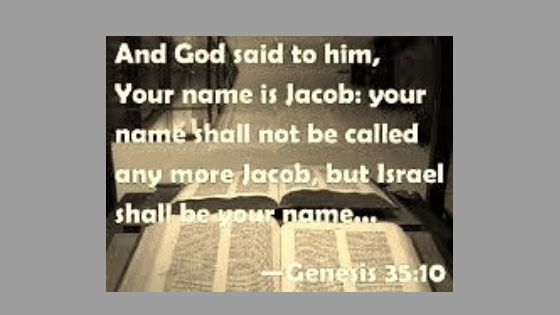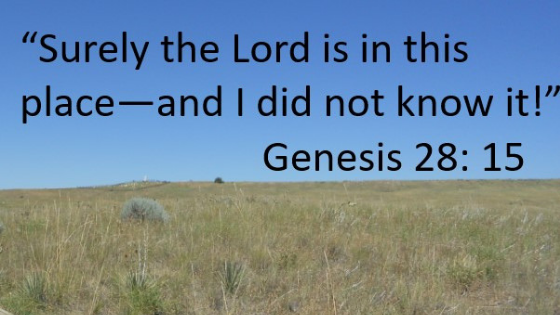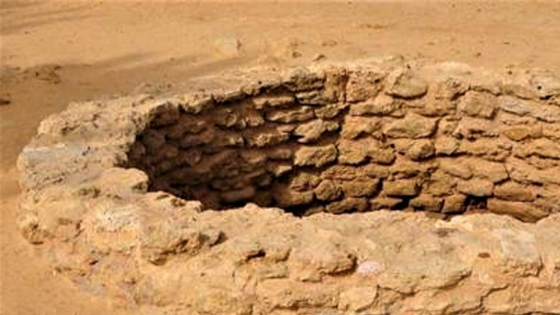
Shabbat Table Talk
Parashat Devarim Erev Shabbat 29 July 2017
Week of 24 to 30 July 2017
Torah portion: Deutoronomy 1:1-3:22 Haftarah: Isaiah 1:1-27
Birthing process is associated with a well orchestrated biophysical transformations of both the baby and the mother but what actually initiates the process remains an enigma. What we know is that by the 40th week from the first day of the last menstruation, the fetus is fully mature and ready to be expulsed from the comfort of the mother’s womb! It’s tempting to parallel this event to what happened in this week’s portion believed to have taken place on the 40th year of the Israelites in the desert as they enter the Promised Land, in the territory of Moab in the area where Jordan flows into the Dead Sea (1:5).
Parashat Devarim from the the opening phrase “these are the words”, is a farewell address of Moses which reviews their experiences during their sojourn for the past forty years and prepares the Israelites for the future. Devarim (words), with the root, a-v-r (aleph- vet- resh), has meanings such as “go over”, “get worth”, “cross” and “go ahead”, has another kind of meaning that leads to the image of pregnancy. Rabbeinu Bahya be Asher, quoting allegorical interpretation based on Zohar also compares the etymology of the word a-v-r with i-v-u-r, which means “gestation”. (Goldstein 335). The sidra opens with Mose’s first discourse to the people that falls into two parts- the first treats of the generation which left Egypt, their sin and their punishment (1, 1-2, 1) and the second part of the destiny of the new generation, the descendants of the former and their good fortune (2, 2-3, 29) (Leibowitz 16). This parashat marks the birth from being the generation of the desert to a nation living on the land.
As he recalls their journey in the wilderness, Moses reminds Israel of all the times they exasperated and disappointed God, but to avoid shaming Israel excessively, he instead he refers only to the locations where those events occured (Rashi) (Etz Hayem 981). In the desert, the time they complained “if only we would have died in the desert (Ex. 17:3); Suph, a reference to the Sea of Reeds (Exo 14:10-12) when the Israelites first doubted God’s saving power; Paran, when the Israelites complained about wanting meat in the wilderness (Num. 11) and where the episodes of the scouts also occurred (Num. 13-14); Topel and Lavan, their libeling the white manna (Num. 21:5); Hazaroth, where Miriam and Aaron spoke against Moses (Num. 12: 1-2); Di Zahav , ( “too much gold”) the sin of the Golden Calf. Horeb, the name of Sinai and Kadesh-barnea, represent the poles of Israelite’s behavior, emblematic of the choice that confronts them- obey and prosper in the Promised Land or disobey and be condemned to wandering circuitously outside the land (Ezkenazi 1042).
Moses is now looking at the future across the Jordan river. “He who was born in the water, who was rescued from the water that saved his life, who opened the water of the sea that saved his own and his people’s lives, who demanded water so that his people would not die, is now a carrier of new amniotic fluid and new birth. Today, among those waters, he allows people to develop and be born, so as to grow, to cross the fluid , to conquer the Land” (Goldstein 336). Forever barred from the Promised Land and at the threshold of death, the birth pain must have been real and inevitable for the faithful servant of God.
For Reflection and Discussion: 1. We all go through rough edges of life that requires “saying goodbye” to our old self, how do we deal with it? 2. “When you come to seek My presence, who asked this of you?…” (Isa. 1:12).
Bibliography: Etz Hayim (NY, 2001); Eskenasi, The Torah, A Women’s Commentary (NY 2008); Leibowitz, Studies in Devarim (Jerusalem, 1996); Goldstein, (ed.), Women‟s Torah Commentary (Vermont, 2000)
This week’s teaching commentary is by
Ruby A. Simon, M.D, Philippines, Bat Kol alum [2007, 2009]
[Copyright © 2017]
….………………………………………………………………
PLEASE NOTE: The weekly Parashah commentaries represent the research and creative thought of their authors, and are meant to stimulate deeper thinking about the meaning of the Scriptures. While they draw upon the study methods and sources employed by the Bat Kol Institute, the views and conclusions expressed in these commentaries are solely those of their authors, and do not necessarily represent the views of Bat Kol. The commentaries, along with all materials published on the Bat Kol website, are copyrighted by the writers, and are made available for personal and group study, and local church purposes. Permission needed for other purposes. Questions, comments and feedback are always welcome.
….….……………………………………………………………
Bat Kol Institute for Jewish Studies, Jerusalem
~~1983-2017~~
“Christians Studying the Bible within its Jewish milieu, using Jewish Sources.”
Website: www.batkol.info Parashat Admin: gill@batkol.info



